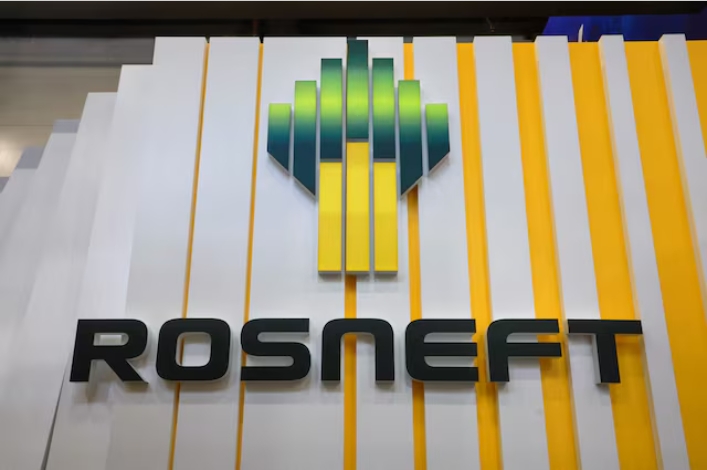
The Center for Transportation and the Environment (CTE) has launched a battery-free hydrogen fuel cell bus proof-of-concept project in partnership with Nimbus Power Systems, New Flyer and AC Transit.
Supported under the FTA-sponsored Transit Vehicle Innovation Deployment Centers (TVIDC) programme, CTE plans to use fuel cell technology patented by Connecticut-based Nimbus in a bus to demonstrate load-following capabilities similar to a diesel powertrain.
Acting as a constant power source, the fuel cell system is hoped to eliminate the need for a large battery system.
Most fuel cells are designed for steady power output and often cannot meet the varying power demands under driving conditions. Batteries are used to provide additional power during high-load situations.
Batteries can also capture regenerative braking systems, help with cold starts and avoid stress on the fuel cell.
Nimbus, with support from bus maker New Flyer, will provide CTE with detailed specifications to guide the fuel cell system’s design, with AC Transit due to assess the system under real-world conditions.
In doing so, CTE says it could reduce the bus’s propulsion system weight and volume by more than 50% while cutting costs by 45%.
Dan Raudebaugh, CTE’s Executive Director, said the proof-of-concept would be a “major step forward” in reducing transportation emissions.
“By addressing the key challenges of cost, durability, and performance, we are paving the way for widespread adoption of fuel cell buses across the nation,” he added.
The project will result in market analysis to evaluate the commercial potential of the new powertrain, with recommendations for the next steps in commercialisation.







